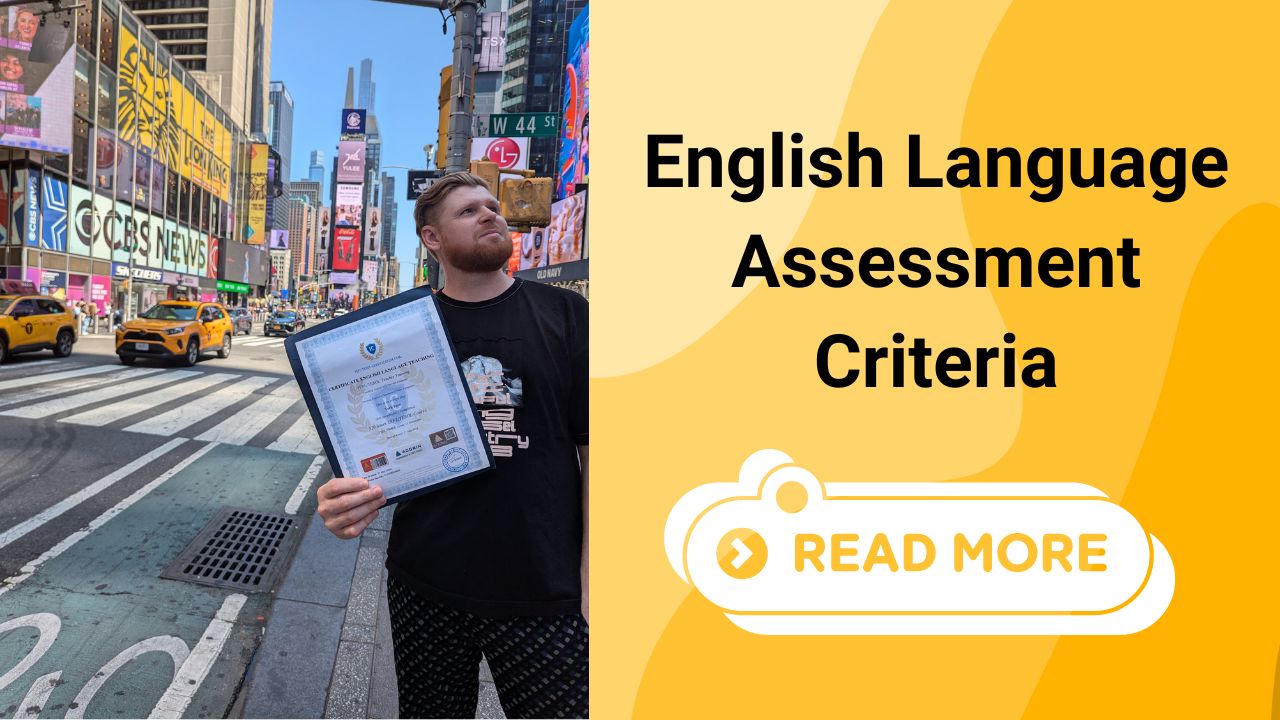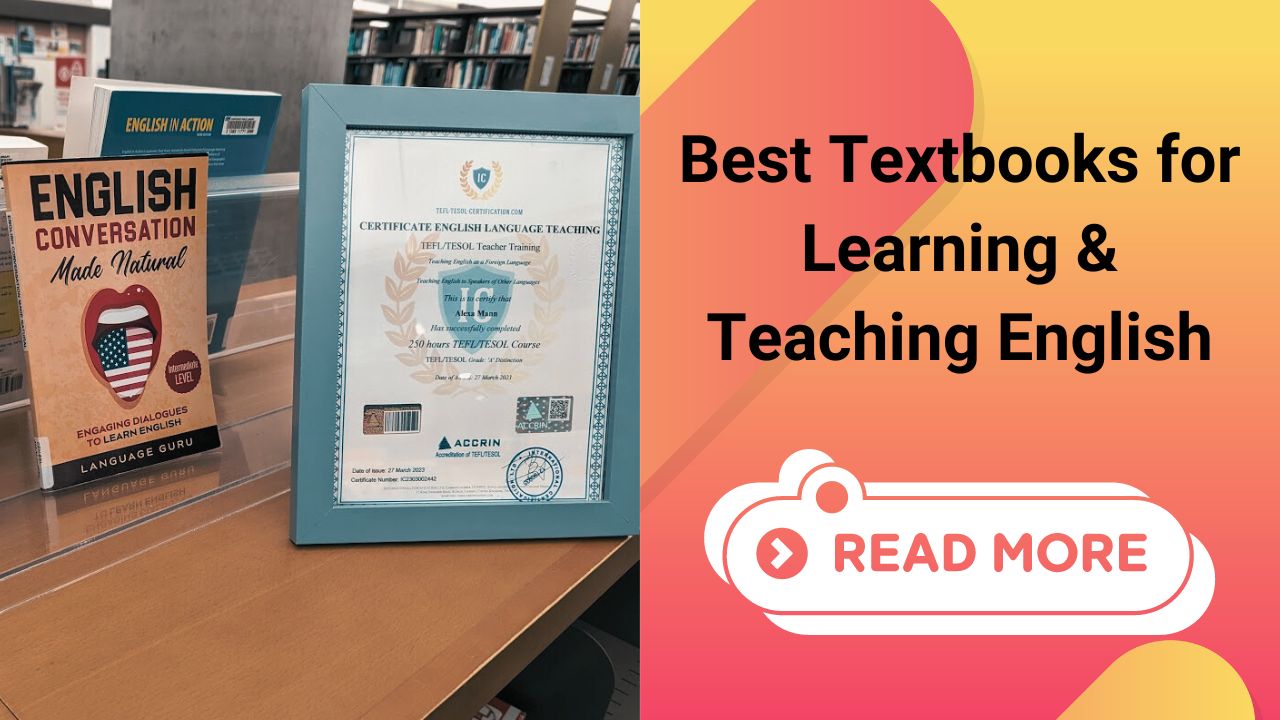There is ongoing debate regarding the benefits and potential drawbacks of assessing students. On one hand, assigning grades can serve as motivation for the student, while on the other, it may have the opposite effect. It’s important to remember that a grade is not just a reflection of knowledge. For the student, it shows progress and highlights gaps that need to be addressed, signalling where extra effort is needed to achieve success. For the teacher, a grade helps track the learning process and improve it if necessary.
However, for assessment to be effective, it must be objective. This requires a criteria-based approach, where the English teacher develops clear guidelines for assessment.





